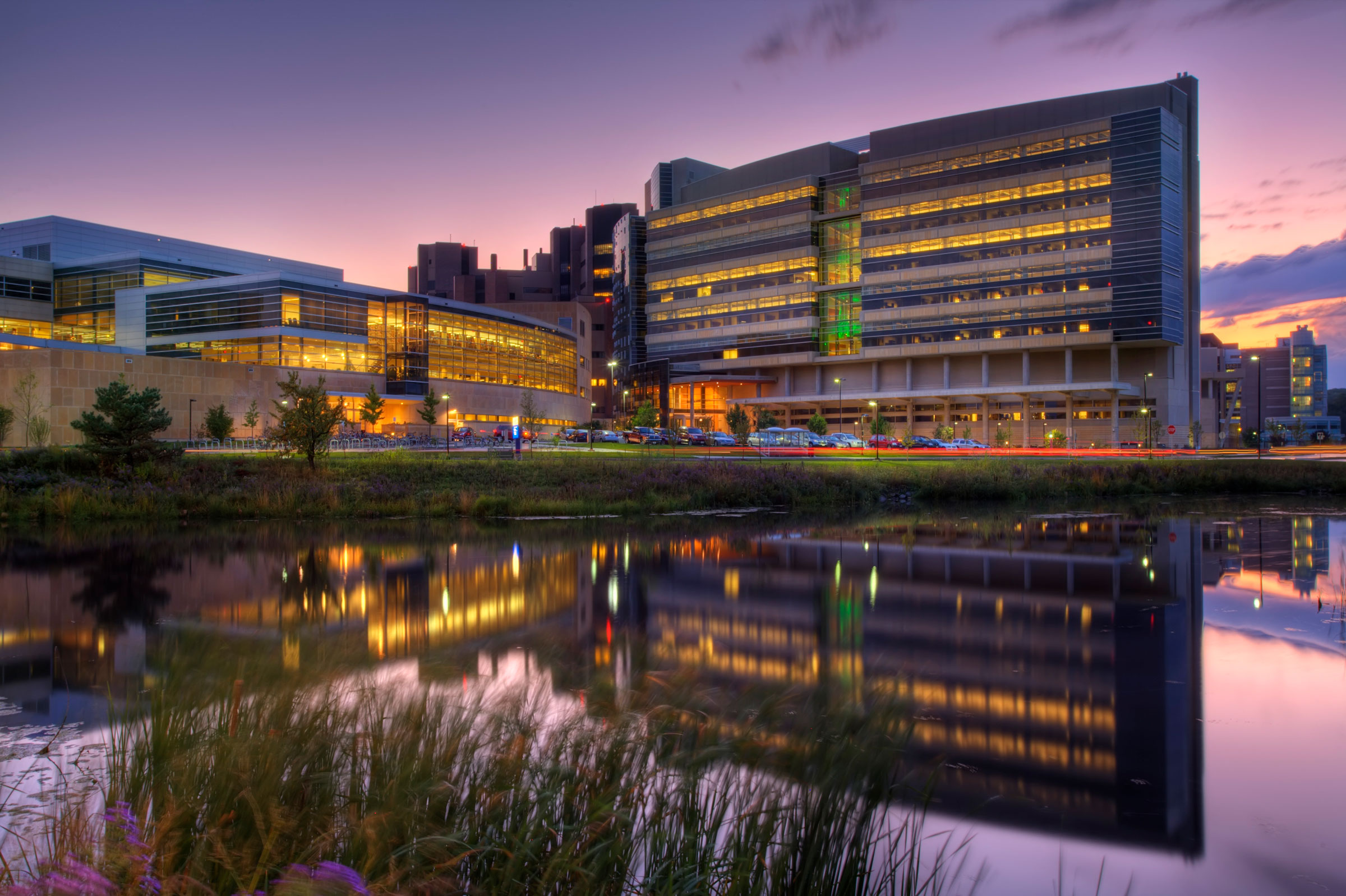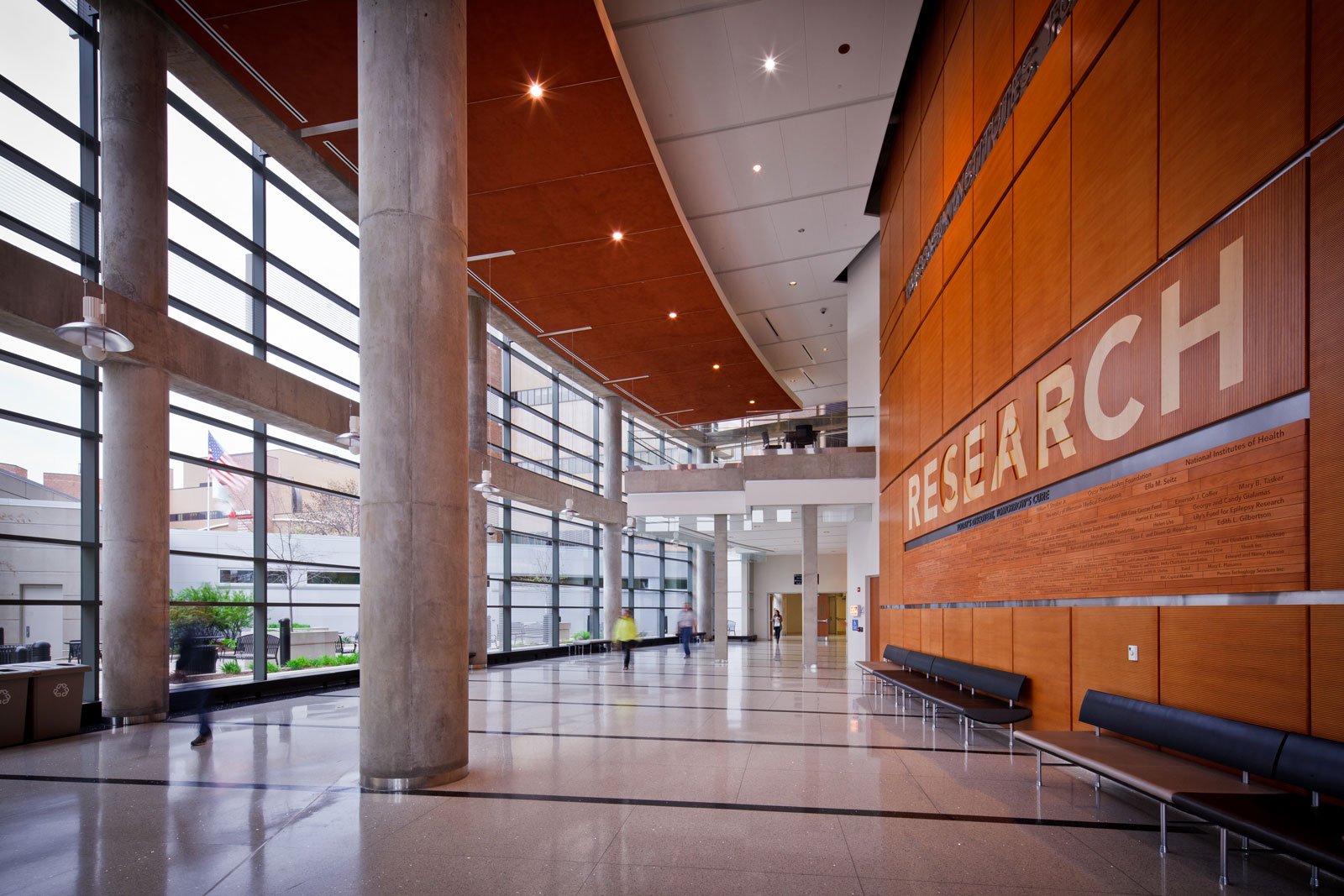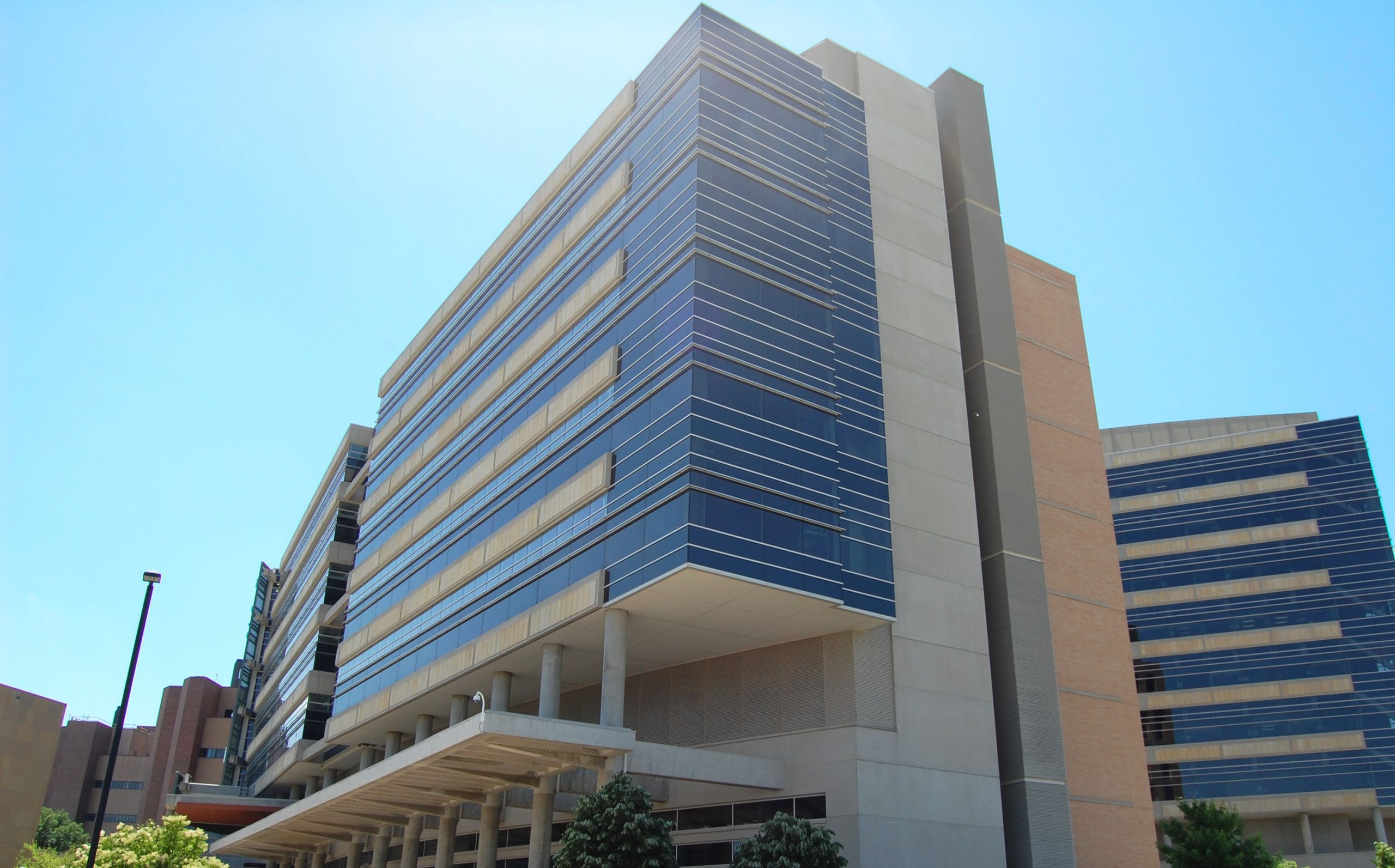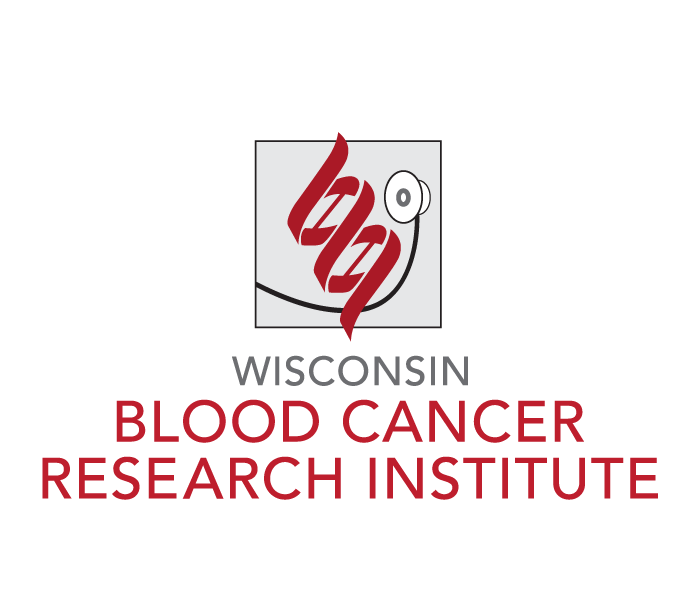
WBCRI: Uniting multidisciplinary blood cancer researchers

WBCRI: Uniting multidisciplinary blood cancer researchers

WBCRI: Uniting multidisciplinary blood cancer researchers
 “I am delighted to welcome you to the Wisconsin Blood Cancer Research Institute, a highly collaborative organization that utilizes multidisciplinary approaches (basic, translational and clinical) to discover blood cancer mechanisms, advance blood cancer diagnosis, prevention and treatment, train research leaders, and serve as an advisory hub for the community.
“I am delighted to welcome you to the Wisconsin Blood Cancer Research Institute, a highly collaborative organization that utilizes multidisciplinary approaches (basic, translational and clinical) to discover blood cancer mechanisms, advance blood cancer diagnosis, prevention and treatment, train research leaders, and serve as an advisory hub for the community.
Our guiding principles include innovation, collaboration, synergism, collegiality, inclusiveness and diversity. The ever-evolving landscape of scientific concepts and technologies generates powerful momentum for transforming knowledge of biological and disease mechanisms. With a leading role in establishing and harnessing this momentum, our research groups innovate strategies to detect blood cancers before its life-threatening clinical manifestations and unveil the defective molecular circuitry that drives blood cancers to enable the development of rational mechanism-based therapies.
If you are interested in advancing fundamental knowledge and transforming medical applications in a highly collaborative environment, we would be delighted to consider having you join our team.”
Emery H. Bresnick, Ph.D.
Gary Felsenfeld Professor of Cell and Regenerative Biology
Director, Wisconsin Blood Cancer Research Institute

Wisconsin Blood Cancer Research Institute is a highly collaborative organization that utilizes multidisciplinary science (basic, translational and clinical) to discover blood cancer mechanisms, advance blood cancer diagnosis, treatment and prevention, train research leaders, and serve as an advisory hub for the community. Our guiding principles include innovation, collaboration, synergism, collegiality, inclusiveness and diversity.


